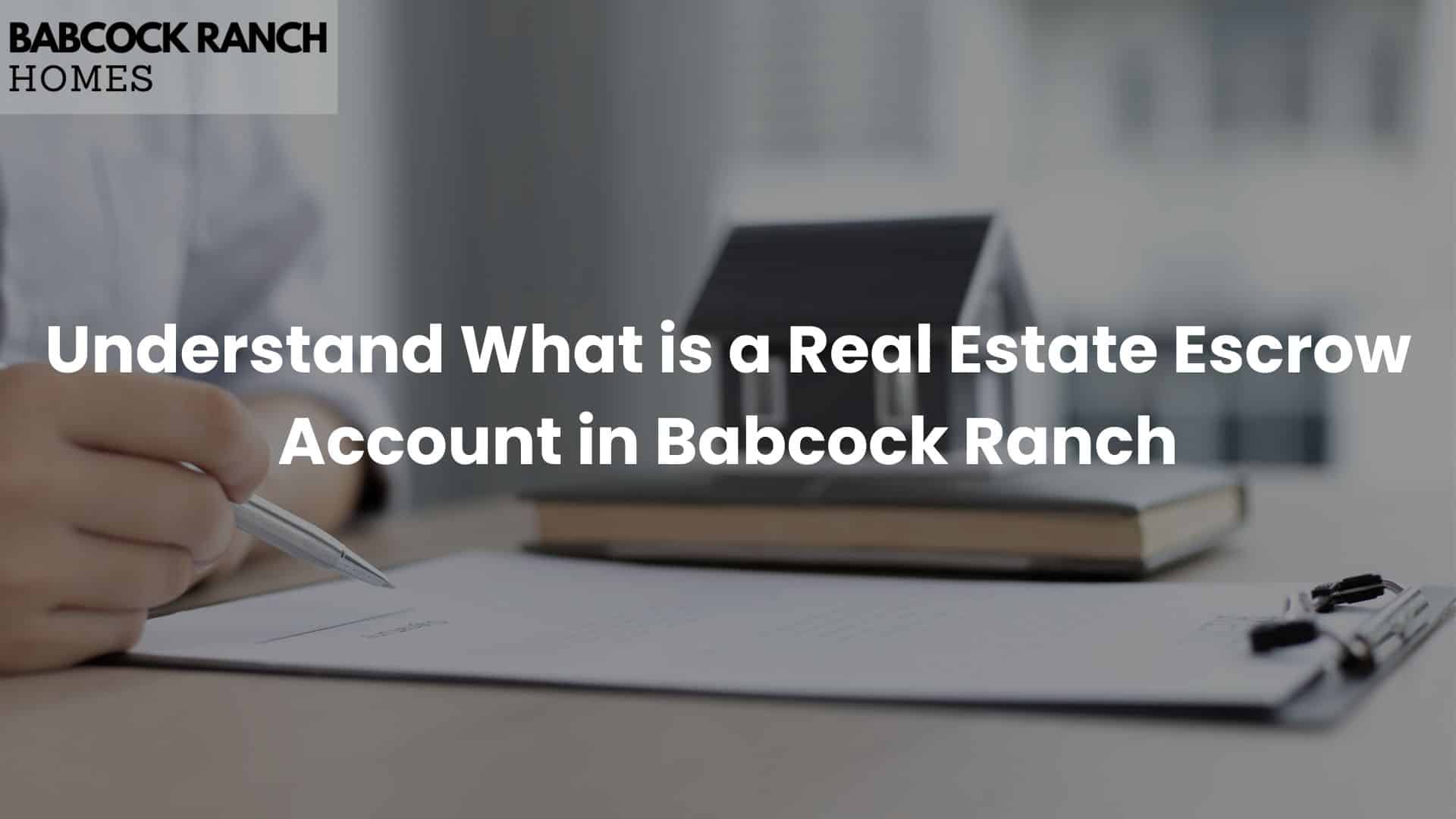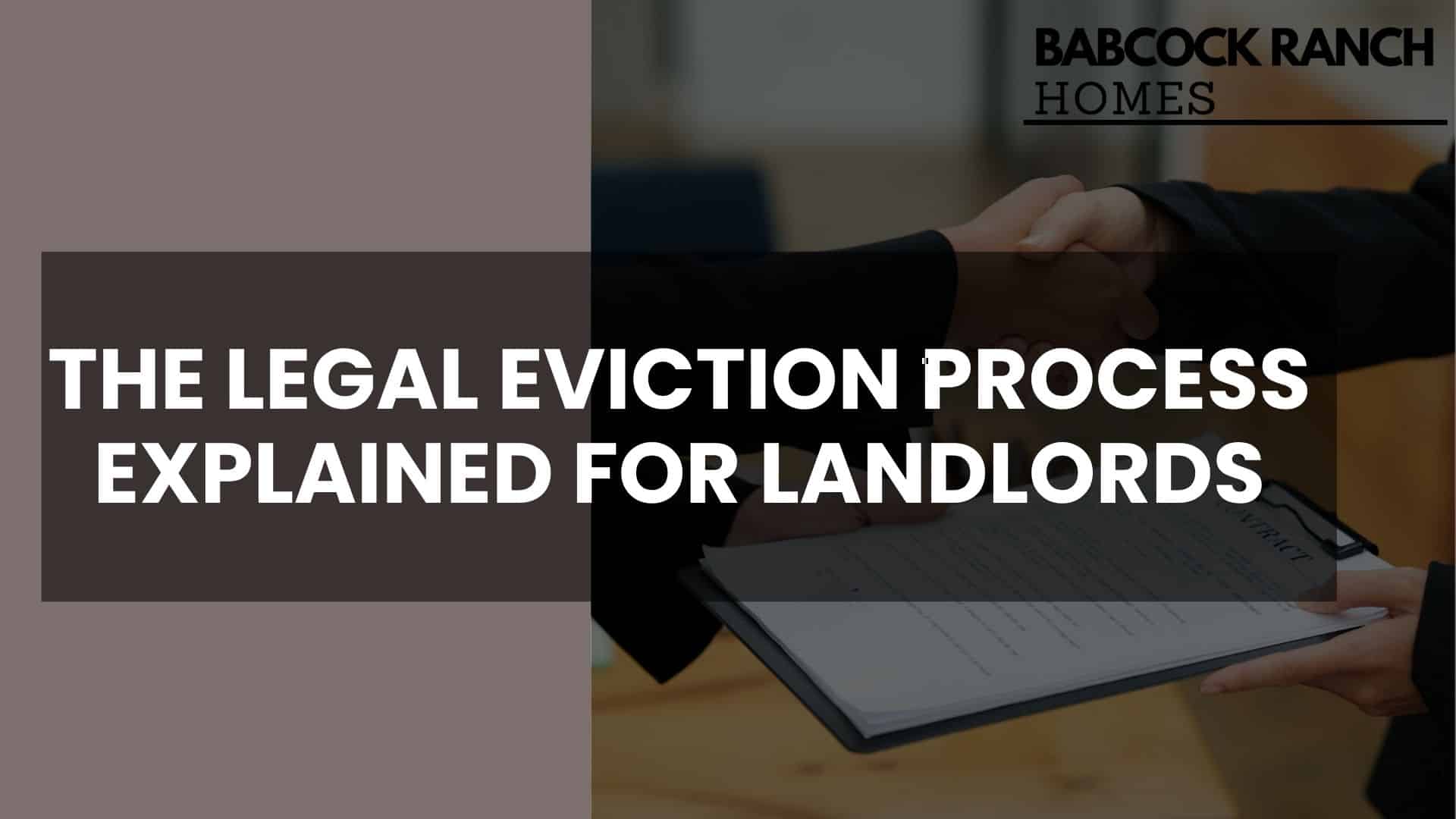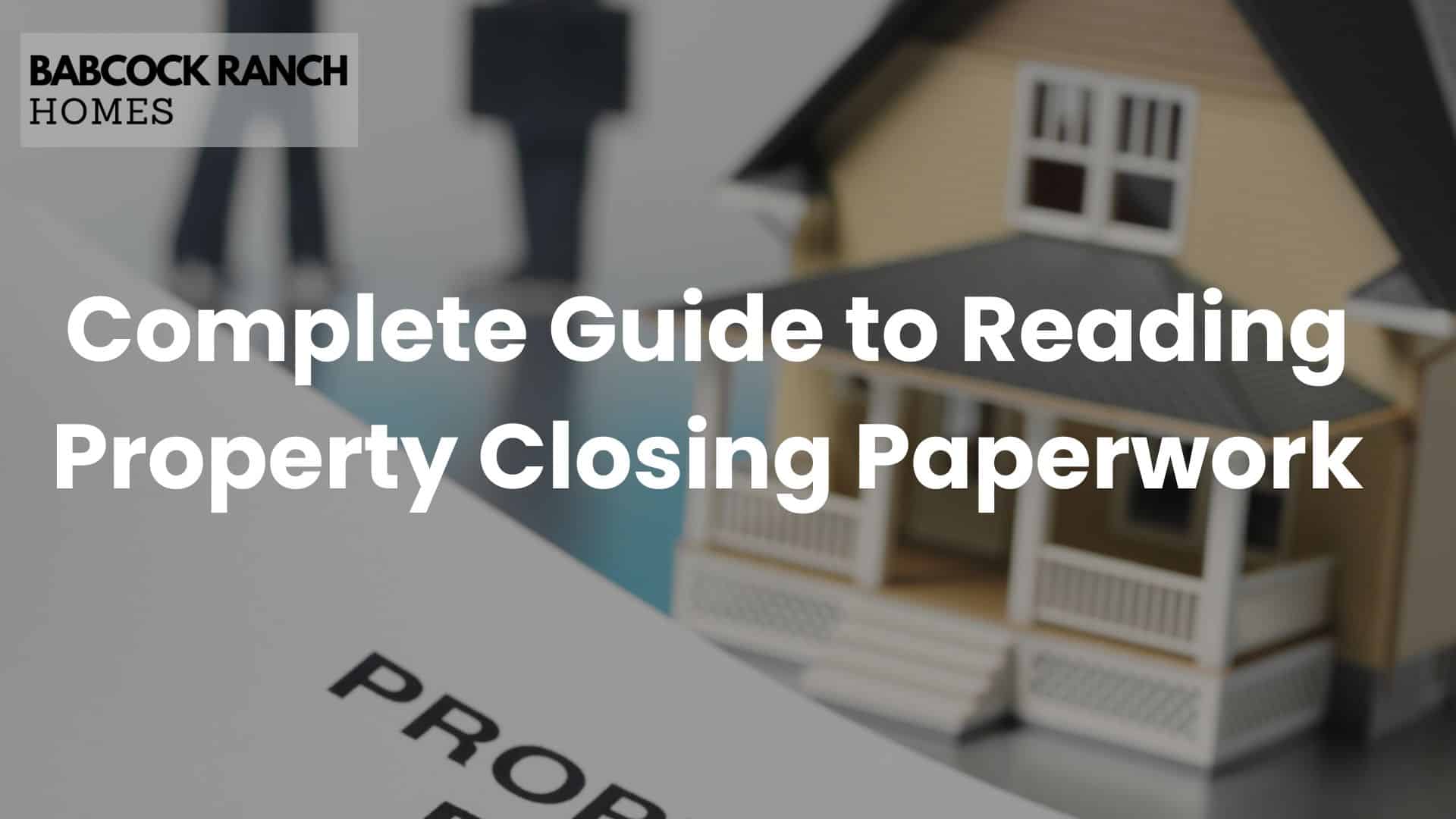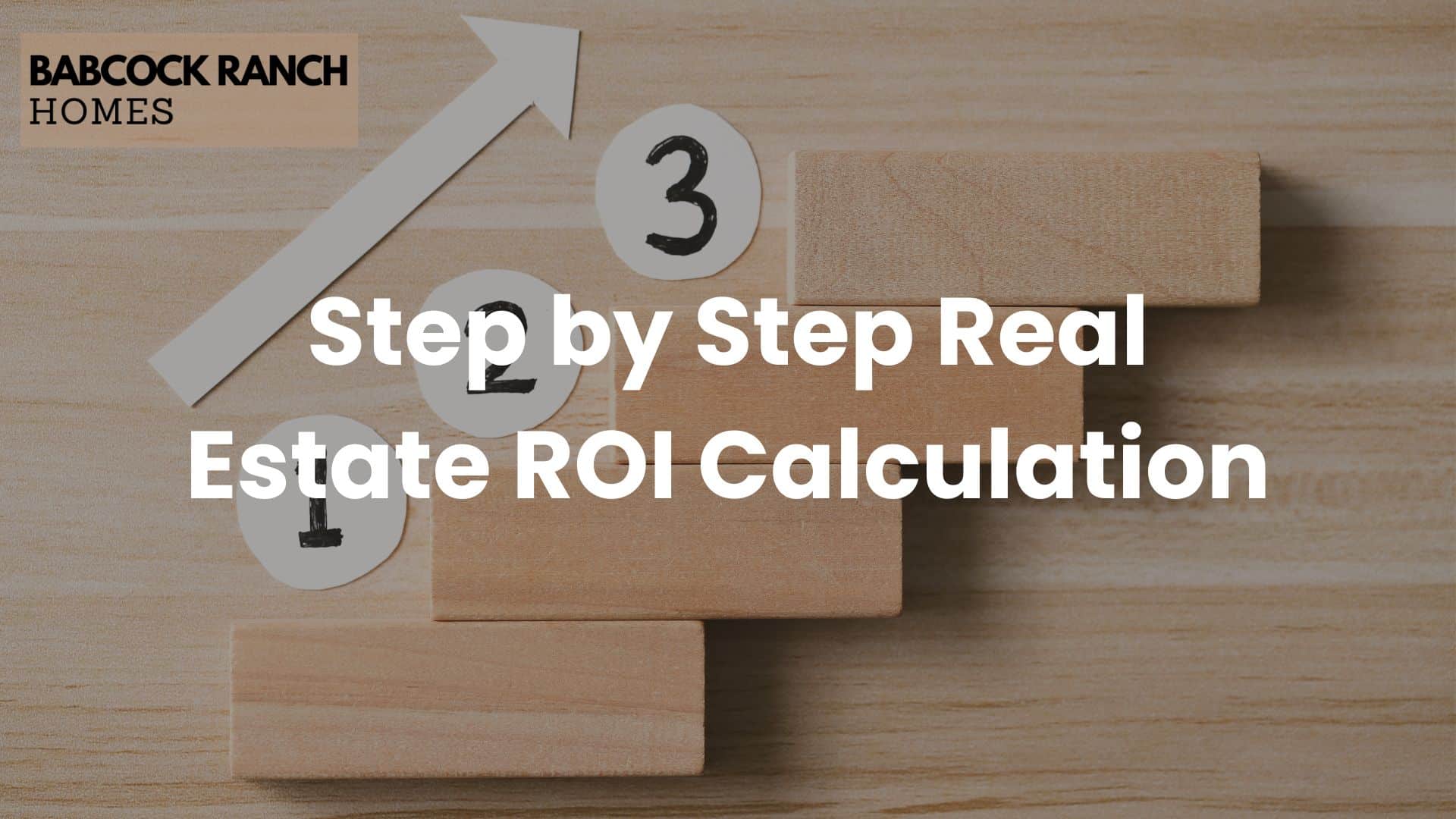Buying land or a home in Babcock Ranch, Florida, requires confidence in ownership history. A thorough title search ensures no hidden claims or liens could disrupt your investment. This guide simplifies the process, offering expert insights tailored to local real estate needs.
Why does this matter? Without verifying ownership details, you risk legal disputes or unexpected costs. Babcock Ranch Homes specializes in navigating these checks, combining local expertise with streamlined solutions. Their team at 518-569-7173 helps buyers uncover critical details before closing deals.
This article outlines practical steps to review public records, avoid common errors, and understand legal requirements. You’ll learn why accurate documentation protects against future challenges. Whether you’re a first-time buyer or seasoned investor, clarity ensures peace of mind.
Key Takeaways
- Verifying ownership history is a critical step for buyers in Babcock Ranch.
- Title searches uncover liens, easements, or legal claims tied to a property.
- Babcock Ranch Homes provides professional assistance for seamless due diligence.
- Public records and legal guidelines shape the review process.
- Accurate information minimizes financial risks and ownership disputes.
Introduction to Property Title Searches in Babcock Ranch, FL
A clear ownership history forms the backbone of secure real estate transactions. Without verifying legal claims, buyers risk inheriting unresolved debts or boundary disputes. This step uncovers hidden liens, easements, or errors in documentation that could derail your investment.

Importance of a Title Search in Real Estate
Reviewing public records ensures no surprises emerge after closing. Past owners, unpaid taxes, or unresolved legal judgments often surface during this process. For example, an undiscovered lien could force new owners to settle prior debts.
Key advantages include:
- Confirmation of seller ownership rights
- Identification of zoning restrictions or shared access agreements
- Protection against fraud or clerical errors
How Babcock Ranch Homes Can Assist You
Local expertise simplifies navigating county records and deed archives. Babcock Ranch Homes cross-references digital databases with physical documents, ensuring thoroughness. Their team resolves discrepancies before they escalate, saving time and resources.
Clients gain access to:
- Customized reports detailing ownership timelines
- Explanations of legal terminology in plain language
- Coordination with title insurance providers
Understanding Public Property Records and Their Role
Public records serve as the foundation for transparent real estate transactions. These documents provide a detailed history of ownership, legal claims, and financial obligations tied to land or homes. Without them, buyers risk overlooking critical details affecting value and rights.
What Constitutes Public Records?
Government-maintained archives include essential ownership details. Deeds confirm transfers between parties, while liens reveal unpaid debts. Assessments track tax valuations, and easements outline third-party access rights.
Key components found in these files:
- Historical ownership transfers
- Outstanding mortgages or judgments
- Zoning restrictions and land-use agreements
Accessing County, State, and Local Records
Lee County offices house physical documents dating back decades. Florida’s online portals offer digital access to recent transactions. Local municipalities maintain specialized permits or variance approvals.
Best practices for retrieval:
- Cross-reference digital databases with archived paper files
- Verify signatures and notary stamps on deeds
- Request certified copies for legal proceedings
Combining sources minimizes errors. For example, comparing county tax records with state-level surveys can expose boundary discrepancies. This layered approach builds confidence in ownership timelines.
How to Do a Property Title Search
Ensuring a clean title requires a structured approach to examining legal and historical records. This method protects buyers from unexpected claims while confirming legitimate ownership rights.
Step-by-Step Process for a Comprehensive Search
Begin by gathering the parcel number or address from county tax records. Visit Lee County’s official website to access digital deed archives. Cross-reference these with physical files at the Clerk of Courts office for discrepancies.
Key phases include:
- Reviewing ownership transfers over the past 50 years
- Identifying liens, judgments, or tax delinquencies
- Verifying boundary surveys against recorded plats
Request a certified report summarizing findings. This document highlights risks like unresolved easements or inheritance disputes.
Online Databases and Tools for Title Searches
Florida’s Sunshine Portal offers free access to recent transactions. Third-party platforms like TitleCheck streamline data aggregation. Always validate results through official channels to avoid outdated information.
For complex cases, combine digital tools with in-person visits to:
- Examine probate court records for inheritance issues
- Confirm zoning compliance with municipal offices
- Obtain notarized copies of warranty deeds
This hybrid process ensures accuracy while saving time. Professionals at Babcock Ranch Homes further simplify these steps through tailored guidance.
Navigating Property Deeds and Ownership Documents
Legal ownership hinges on two distinct concepts often confused by buyers: the title and the deed. While both relate to rights and transfers, they serve separate functions in real estate transactions. Clarifying their roles helps prevent costly oversights during purchases.
The Difference Between a Title and a Deed
A title represents legal ownership rights, such as possession or usage privileges. A deed is the physical document transferring those rights between parties. Think of the title as the “right” and the deed as the “proof.”
For example, a deed might state John Smith sold land to Jane Doe. The title confirms Jane now holds exclusive rights to that land. Errors in either can lead to disputes over boundaries or unpaid obligations.
Public records maintain deed copies, ensuring transparency. However, titles aren’t physical files—they’re legal statuses verified through records. Babcock Ranch Homes cross-checks both, flagging inconsistencies like outdated liens or unsigned transfers.
Common misunderstandings include:
- Assuming a deed alone guarantees full ownership
- Overlooking liens attached to a title despite a clean deed
- Believing digital records replace physical document reviews
Professionals simplify this process. They validate deeds against titles, ensuring no hidden claims exist. Always consult experts before finalizing purchases to safeguard your investment.
Identifying Liens, Easements, and Other Title Issues
Hidden financial claims or access disputes can derail real estate investments if left unchecked. Liens and easements often lurk in public records, requiring careful scrutiny to avoid costly surprises. Addressing these issues early ensures smoother transactions and protects long-term ownership rights.
Common Liens You May Encounter
Tax liens arise from unpaid local or federal obligations, while contractor liens stem from unfinished payments for home improvements. Judgment liens occur when courts award damages against an owner. For example, a prior owner’s unpaid contractor bill could become the new buyer’s responsibility.
Mortgage liens are standard but must align with current loan balances. Government liens might involve environmental cleanup costs. Each type affects a buyer’s ability to secure financing or resell later.
Understanding Recorded and Unrecorded Easements
Recorded easements appear in county files, like utility company access rights. Unrecorded easements often involve informal agreements, such as a neighbor’s driveway use. One Florida case involved a hidden beach access path that reduced a property’s value by 15%.
“Always assume unrecorded easements exist until proven otherwise,” advises a Babcock Ranch title expert. Physical inspections and neighbor interviews help uncover these issues. Legal professionals can petition courts to clarify ambiguous claims.
Resolving liens requires negotiating with creditors or setting aside funds at closing. For easements, modifying terms may need third-party consent. Public record reviews remain the first line of defense—cross-check surveys, tax histories, and court dockets.
Complex cases demand professional intervention. Multiple liens, disputed boundaries, or expired easements often require legal filings. Early collaboration with title companies prevents delays and ensures clean transfers.
Utilizing Professional Services and Title Companies
Navigating property records can feel overwhelming for many buyers. While public databases offer basic information, complex cases demand specialized expertise. Professionals decode legal jargon, identify hidden risks, and streamline transactions.
When to Consult a Title Company or Attorney
Seek expert help when:
- Multiple liens or easements appear in records
- Ownership history spans generations or involves trusts
- Discrepancies exist between deeds and tax assessor files
Attorneys resolve boundary disputes or mortgage errors requiring court filings. Title companies handle time-sensitive reviews, often completing searches 40% faster than DIY methods.
Benefits of Expert Assistance in Complex Cases
Professionals access tools beyond public portals, including:
- Archived documents from county offices
- Title plant databases tracking decades of transfers
- Relationship networks with local government offices
“A single missed lien could cost thousands post-purchase,” notes a Babcock Ranch Homes specialist. Their partners provide insurance-backed guarantees, protecting against overlooked claims.
For seamless transactions, Babcock Ranch Homes connects buyers with vetted companies. Call 518-569-7173 for trusted referrals matching your timeline and budget.
Verifying Title Information at Government Offices
Local government offices hold the keys to confirming legal ownership rights. Their records provide definitive proof of historical transfers and current obligations. This verification step transforms uncertainty into actionable data for informed decisions.The Role of County Recorder and Assessor Offices
Lee County Recorder’s Office maintains all recorded deeds and liens. Staff catalog ownership changes, mortgages, and easements. The Assessor’s Office tracks parcel valuations and tax histories tied to owner property details.
| Office | Key Functions | Access Methods |
|---|---|---|
| County Recorder | Files deeds, liens, easements | Online portal or in-person visits |
| County Assessor | Maintains tax records, valuations | Public database searches |
| Clerk of Courts | Stores court judgments, probate cases | Archived physical documents |
To conduct title reviews effectively:
- Request certified copies of recent deeds
- Cross-check tax IDs with parcel numbers
- Review stamped documents for notary validity
Errors surface when records show conflicting claims or missing signatures. One buyer discovered an unresolved inheritance claim through probate court files. Government staff helped trace documents to 1972, resolving the issue.
Digital tools speed up searches, but physical archives often contain critical details. Always verify online findings with original paperwork. This dual approach minimizes risks tied to outdated or incomplete data.
Practical Tips for a Successful Title Search
Effective ownership verification hinges on avoiding common oversights. Small errors in documentation reviews can lead to delays or financial losses. Follow these strategies to streamline your process and protect your investment.
Common Pitfalls to Avoid
Many buyers skip cross-referencing digital records with physical files. For instance, a 2023 case in Lee County involved an undisclosed utility easement that appeared only in archived paper documents. Always verify information across multiple sources.
| Mistake | Solution | Tool/Resource |
|---|---|---|
| Overlooking tax liens | Request certified tax certificates | County Treasurer’s Office |
| Ignoring boundary surveys | Compare plats with current markers | Licensed surveyor reports |
| Relying solely on online data | Visit Clerk of Courts in person | Lee County Archives |
Three critical steps prevent cost overruns:
- Schedule time for thorough record reviews
- Budget for professional verification services
- Use Florida’s free GIS mapping tools
One homeowner discovered an expired lien reappearing due to clerical errors. Regular follow-ups with county offices resolved the issue before closing. Double-check every detail—assumptions often lead to complications.
Cost, Time, and Legal Considerations
Understanding financial and legal factors ensures smooth real estate transactions. Budgeting for expenses and timelines prevents delays, while grasping state-specific rules minimizes risks. Let’s break down what buyers need to know.

Understanding Fees, Timelines, and Title Insurance
Title searches in Florida typically cost $200–$500, depending on complexity. Third-party services may charge hourly rates for resolving issues like unresolved liens. Most reviews take 7–14 days, though older documents or disputed claims can extend this timeframe.
Title insurance shields buyers from hidden defects, covering legal fees if ownership challenges arise. Policies often cost 0.5%–1% of the purchase price. For example, a $300,000 home might require a $1,500–$3,000 premium. This one-time payment protects against future financial losses.
Legal Implications of Title Defects
Undiscovered liens or inheritance disputes can void sales or force costly settlements. Florida law allows sellers 30 days to resolve defects before buyers can cancel contracts. In one case, an unrecorded easement delayed closing by six months.
Key state-specific factors:
- Lee County requires notarized affidavits for deed corrections
- Florida’s Marketable Record Title Act limits claims older than 30 years
- Boundary disputes may require court-ordered surveys
Plan ahead by allocating funds for unexpected fees and consulting professionals early. This proactive approach saves both time and resources in the long run.
Conclusion
Securing your real estate investment in Babcock Ranch starts with clarity. A detailed review of ownership history prevents unexpected legal or financial hurdles. Thorough examinations reveal liens, easements, and errors that could impact your rights.
Follow these steps for confidence:
- Access Lee County’s digital and physical records
- Verify deeds against tax documents and surveys
- Resolve discrepancies before closing
Undisclosed claims can delay transactions or create costly disputes. Professionals streamline this process by decoding complex terminology and coordinating with insurers. Their expertise reduces risks tied to outdated files or informal agreements.
Babcock Ranch Homes offers tailored support for buyers. Their team simplifies record retrieval, explains findings clearly, and connects you with trusted legal partners. This guidance transforms uncertainty into actionable insights.
Protect your purchase with informed decisions. For a seamless experience, contact Babcock Ranch Homes at 518-569-7173. Let their experts ensure your investment stands on solid ground.




















